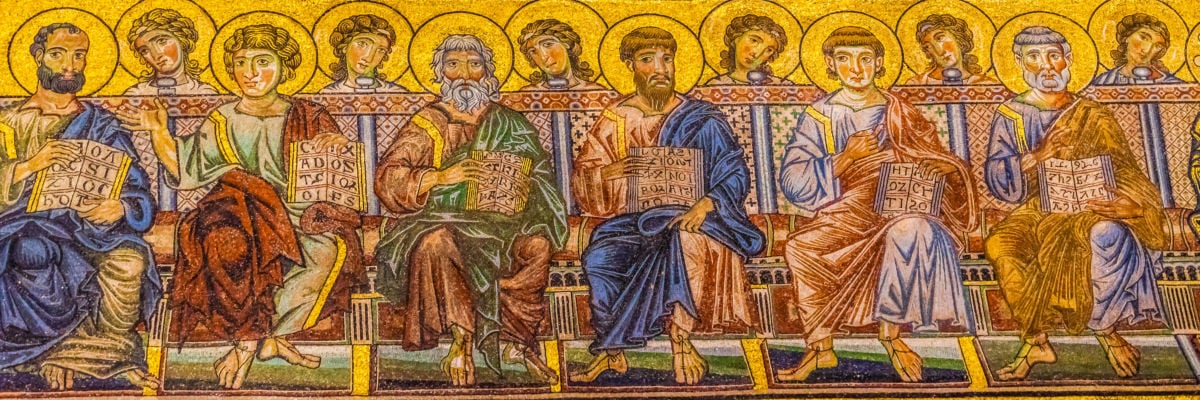
Question:
Answer:
Protestant Christians will accept that genuine followers of Christ are called “saints” (Hebrews 10:6; 13:23). And that Christians who have died have gone to heaven.
However, the key difference regards the intercession of the saints in heaven on our behalf. Protestants don’t believe that, arguing there is no need for such intercession as Christ has done everything for our salvation and that he is necessarily our one and only mediator (1 Tim. 2:5).
Yet, Jesus exhorts us to pray not simply for ourselves, but for others, including praying for our persecutors (Matt. 5:44), because Jesus knows that intercessory prayers draw us closer together in him, and can also help foster our enemies’ conversion. In this light, there’s no competition when we ask someone to pray for us, including petitioning Mary and the saints in heaven, because they are collaborators with God, not competitors. Indeed, apart from Jesus they (and we praying for each other on earth) could do nothing (John 15:1-5). And so we are members of the mystical body of Christ and thus have—or should have—concern for the spiritual well-being of others (1 Cor. 12:25-26).
In addition, St. James says the prayer of a righteous man on earth avails much with God (Jas. 5:16–18). So how much more would prayers from one who has finished the race and now reigns with Christ in heaven? And that would include not only the Blessed Mother, but also St. Paul, who demonstrated great concern for the faithful while he lived on earth (Rom. 10:1). Does it make any sense that Paul would care less for our spiritual well-being having attained heaven? (see Heb. 12:1, 23). And Mary stands preeminent among the saints, as she is the spiritual mother of all Christians (Rev. 12:17).
Little wonder, then, that the elders in heaven bring the prayers of the saints here on earth to God’s heavenly throne, thereby performing an undeniable intercessory prayer (Rev. 5:8). Finally, St. Paul thanks the Corinthians for their intercessory prayers, because God grants blessings “in answer to many prayers” (2 Cor. 1:11). And, again, if we can intercede for each other on earth in such a fruitful way, how much more the saints in heaven?
For more information, see our tracts on “Praying to the Saints” and “The Intercession of the Saints.”



